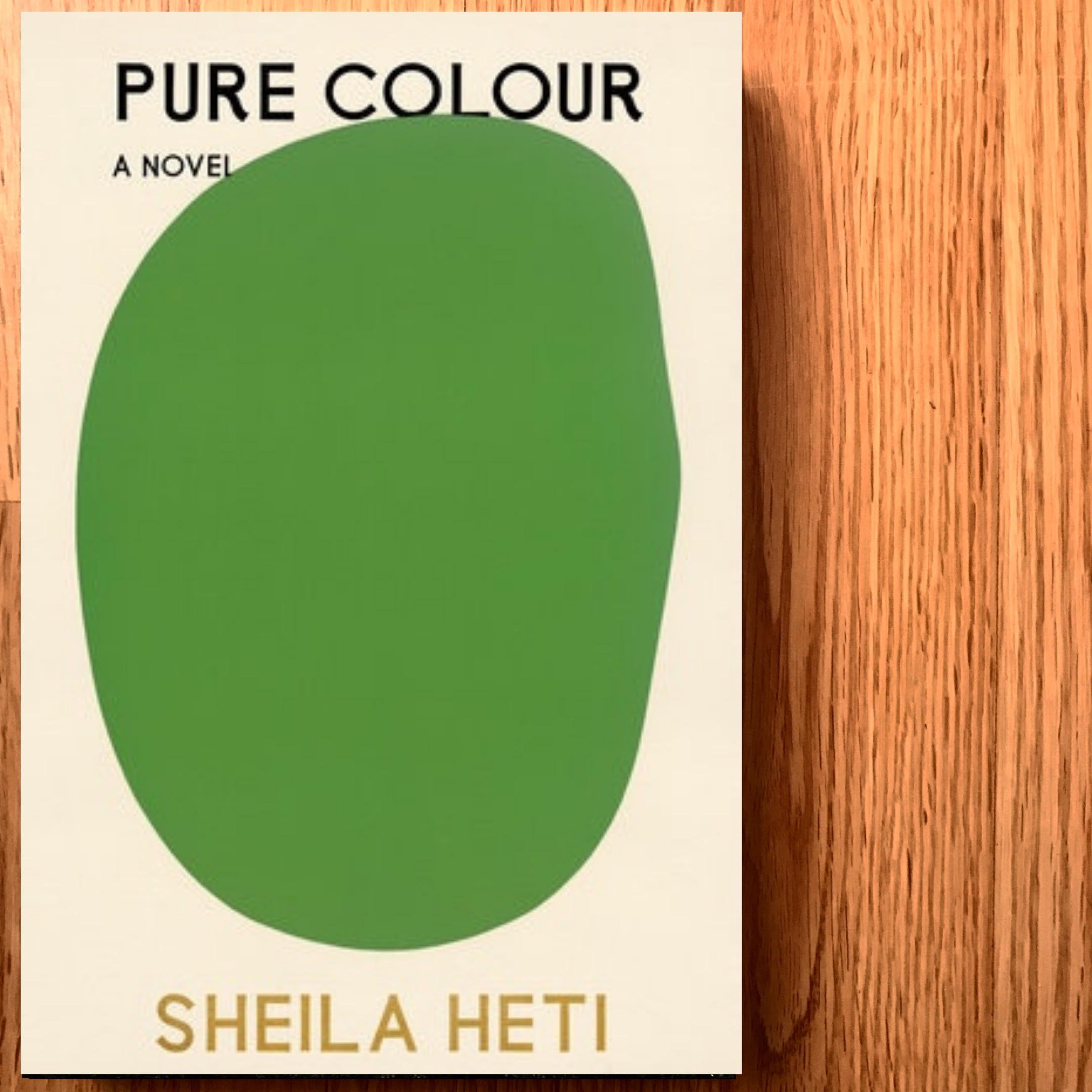By Dylan Curran
“The privilege of a happy childhood in a small town is that you grow up with an innate sense of security . . . If you were lucky it could get downright boring. All that changed in one summer.”
—The Secret of Markie Beach
With this strong debut, author Hannah Grieve weaves an intricate and carefully layered tale full of twists and turns set in the fictional town of Markie. Reminiscent of southern Ontario’s very own beaches, hidden coves, and local histories, this novel blends the familiar gossip of small towns with a hint of mystery. Who are the Sunshine Girls and how are they connected to the disappearance of seven girls over a decade ago? And what does it mean for our main character, eighteen-year-old Alana, when the clues slowly start hitting too close to home? Grieve is careful to not reveal too much at once—as we flip eagerly to the next page we realize the genius in her writing. The breadcrumbs she has left us makes us hungry for more. I found myself devouring the writing in just a few sittings. With a host of characters who at once comfort and complicate their motives, there is a hesitancy to trust anyone completely. One can never be too sure of any character’s next step. It is for this reason that even until the last few chapters of the novel readers continue to revisit their hypothesis, gathering clues from each subtle crooked smile, pregnant pause, and stolen glance.
From the marina to the hidden cabin in the woods, Grieve paints a vivid picture of the not-so-innocent Markie and its residents. A few of my favourites are Jamie and Eric. The former is a spunky, forthright, and intuitive thinker who doubles as Alana’s best friend. In the novel we frequently find ourselves laughing at her quick wit and unfiltered opinions. As the narrator remarks, “Jamie would deny this, but she was popular in high school. It was ironic because she really disliked most people, except for me.” A close second is the alluring and somewhat intimidating Eric. Although we are warned early on that he is an outsider, new to Markie, there is something magnetic about his personality that keeps us (and Alana) coming back for more. You’ll have to read the book to see why—no spoilers here! A few honourable mentions are Nina, Ben, and Addie, whose backstories are carefully interwoven into the main storyline and make for compelling stories about friendship, betrayal, and redemption.
The rich and diligent attention to detail in this novel is one of its star qualities. Grieve is certainly an emerging Canadian author to look out for, especially for readers with a penchant for character-driven writing with crisp dialogue. I felt like a fly on the wall. Every new development launched a whole round of questions. While guided by Alana’s inner monologue, many of the plot points reveal just how unreliable it can be to only trust what you know. Readers will need to look just outside of their comfort zones to reveal the truth about Markie and the Sunshine Girls.







